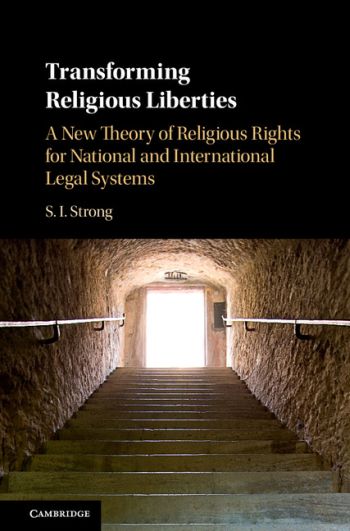We will be closed from 5pm Thursday 17th April for the Easter Bank Holidays, re-opening at 8.30am on Tuesday 22nd April. Any orders placed during this period will be processed when we re-open.

Religious liberties are at the centre of many debates on how liberal democratic societies can accommodate diversity. This book brings the issue of religious liberties into the broad context of international, comparative and jurisprudential principles.
S. I. Strong proposes a new theoretical approach to religious liberty that both transcends and transforms current approaches to law and religion. Drawing on the historical ideas of legal and political philosophers including John Rawls, Ronald Dworkin and John Finnis, the text also tests the validity of new proposals against actual 'hard cases' generated through international, comparative and interdisciplinary analysis.
Overcoming longstanding challenges to existing religious rights regimes and identifying a new analytical paradigm that specifically addresses the types of tensions that arise in religiously pluralist societies, Strong's goal is to create a system that both religious and non-religious people can support and thereby increase civic peace between individuals and groups.